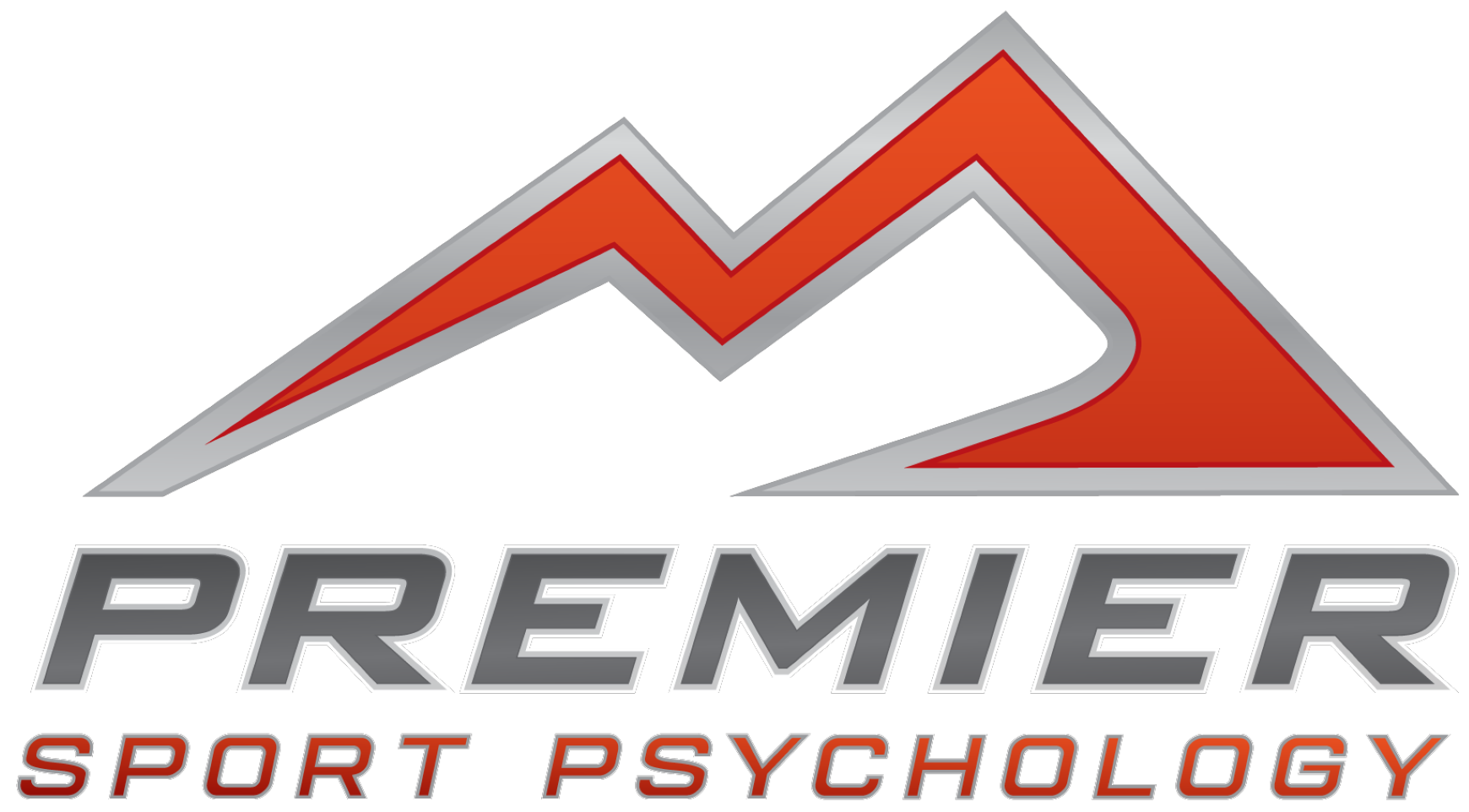Just over 3,000 Irish dancers from all regions of the world flocked to New Orleans early this month for the North American Irish Dance Championships, the biggest Irish dance event of the summer. As dancers and spectators walked into one of the many ballrooms, they were immediately blinded by the sparkling dresses and the curly wigs of those competing. In the front of the room, competitors danced on the raised stage with seven snappily dressed judges watching, pens positioned to write their comments.
There are thousands of distractions for the dancers on stage. The audience talking, the other dancers practicing backstage, the sparkles shining off of the bright stage lights, and the thoughts circling inside their heads are some of the many distractions dancers face. One of the most potentially harmful distractions in all of Irish dance, though, is the competitor dancing alongside you on stage. The question posed is how can you focus on your own dancing when your competitor is on the stage at the same time as you, dancing to the same music, but doing a different dance? It seems almost impossible to ignore the thought of accidentally colliding with him or her. Not only do you have to perform your own dance to the best of your ability, you have to dodge the other competitor while doing so. How can you pay attention to your competitor while still maintaining focus on the task in front of you? It ultimately comes down to this question: what are the right things to focus on and how do you focus on those things alone? We call this selective attention, and it is a critical skill to optimizing your performance in any skill or setting.
There are many uncontrollable parts of dancing, but luckily, your focus is one thing that you can control. Thousands of pieces of information are processed by your brain each and every day, and every second you can actively choose to focus on one specific thing and attempt to tune out all other background information. With all of the competing stimuli around you, thoughts that are not relevant to your performance are inevitably going to run through your head. For example, an Irish dancer on stage may think about what that other dancer on stage is doing. How you respond to that thought is crucial. Acknowledge that thought, whether good or bad, and then let it go. Because focus is a limited resource for the human brain, realizing what thoughts are necessary for performance and what thoughts are not is imperative to focus.
One way to improve your focus is to plan ahead and recognize, before you begin a performance, what will distract you and what will help you during the performance. In the context of an Irish dance performance, a dancer may note that worrying about running into her competitor will distract her during the performance. Planning ahead and knowing that this distraction may occur will help the dancer to acknowledge the thought and then let it go, making room in her window of focus for constructive thoughts which will help performance. Constructive thoughts for an Irish dancer may include aspects of dancing that the dancer can control, such as foot placement and navigating around the competitor.
Lastly, it is important to remember that improving focus requires persistence. Even with training, your focus may occasionally drift, especially when your mind is tired. Training your mind to refocus when you start to concentrate on thoughts irrelevant to your performance is key. Refocus yourself by concentrating on behaviors that you can control and that will be helpful and relevant to your performance.
Focus is not just important for Irish dancers, though. Every sport has hundreds of distractions calling to the athlete from all sides. Every task you perform has the possibility of being impacted by the many distractions around you. Zoning in on what is important, recognizing what is not, and being able to refocus your attention helps to organize the thousands of bits of information that the world is throwing at you into productive and useful thoughts that can move you forward.
References:
“Mindset Training Program: Focus.” Premier Sport Psychology.
Goleman, D. (2014). Focus: the hidden driver of excellence. New Delhi: Bloomsbury Publishing India.
